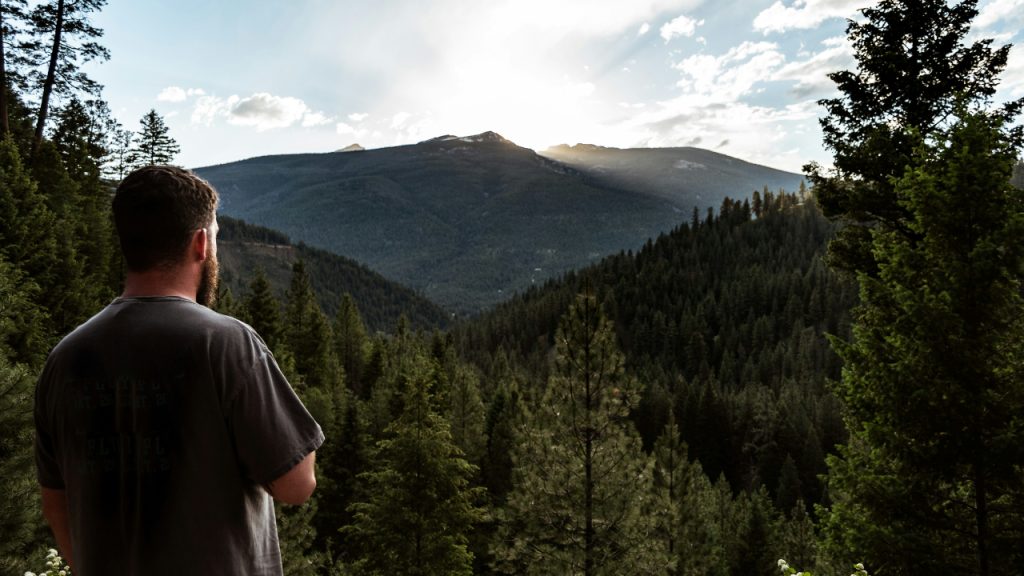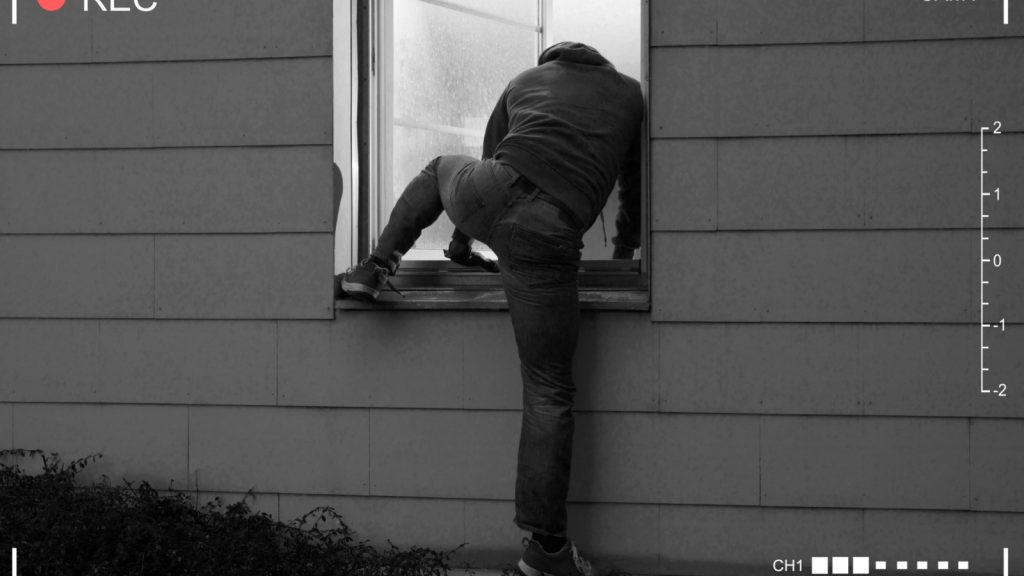Oftentimes, preparing for emergencies can feel overwhelming. Between stocking up on supplies, learning survival skills, and trying to stay ready for anything, it’s easy to get stuck in your own head. But here’s the thing – all the canned food and survival gear in the world won’t help if you’re not mentally ready to use it.
Getting Your Mind Right

Think about it like training for a sport – you need both the right equipment and the right mindset. Having a basement full of emergency supplies might make you feel safer, but true preparation starts with getting your head in the game.
The key is finding balance. You want to be ready without letting prepping take over your life. It’s perfectly normal to worry about the future, but if you’re lying awake at night stressing about every possible disaster, something needs to adjust.
Making It Real (Without Making Yourself Crazy)
Start small. Instead of trying to prepare for every scenario at once, pick one thing to focus on. Maybe it’s putting together a basic emergency kit or learning one new skill. As you build confidence with the basics, you can expand from there.
Get your family involved, but keep it positive. Rather than scaring the kids with worst-case scenarios, make it an adventure. Practice camping in the backyard, learn fun survival skills together, or turn supply organization into a game. These activities build both practical skills and mental toughness.
The Human Side of Prepping
Connect with others who share your interests. Whether it’s joining a local preparedness group or just having coffee with a neighbor who gets it, having people who understand can make a huge difference. Just remember – prepping doesn’t mean becoming a hermit.
Stay grounded in the present while preparing for the future. Enjoy your life today while building skills for tomorrow. Take that camping trip, learn food preservation, or practice emergency scenarios – but don’t forget to also have fun with family, pursue hobbies, and maintain regular social connections.
Keeping It Real
Some days you’ll feel on top of your prep game, others you might worry you’re not doing enough. That’s normal. The goal isn’t perfection – it’s progress. Focus on steady improvements rather than achieving some ideal of complete preparedness.
Remember why you started prepping in the first place – probably to protect yourself and your loved ones. Let that motivation guide you rather than fear. When you feel overwhelmed, take a step back and remember: being prepared is about living better, not living scared.
Practical Tips That Won’t Drive You Nuts
- Do regular “reality checks” on your prep plans. Are they actually workable for your life?
- Practice using your gear regularly so it becomes second nature
- Include some comfort items in your supplies – sometimes a favorite snack or familiar game can make a huge difference
- Take breaks when you need them. Prepping burnout is real
- Keep your sense of humor – sometimes you have to laugh at yourself
Building Mental Toughness
The best way to build mental strength is through regular practice. Start with small challenges and work your way up. Maybe that means taking a different route to work, handling minor inconveniences without getting rattled, or practicing staying calm when plans change.
When something goes wrong (and it will), treat it as a learning opportunity. What worked? What didn’t? How can you do better next time? Each challenge you handle makes you better prepared for the next one.
Remember – being prepared isn’t about living in fear. It’s about having the confidence to handle whatever comes your way. Keep working on both your physical and mental prep, but don’t forget to actually live your life along the way.
Stay ready, stay human, and keep moving forward. After all, the goal isn’t just to survive – it’s to thrive, no matter what life throws at you.
James is a former logistics coordinator and wilderness safety instructor, whose practical experience taught him the value of sensible preparedness and calm resilience. Passionate about self-reliance, James teaches everyday skills—like water purification, emergency communication, and outdoor safety—to help people confidently handle life's disruptions without fear or overwhelm. His approachable style combines real-world insights with relatable, personal stories and experiences.



